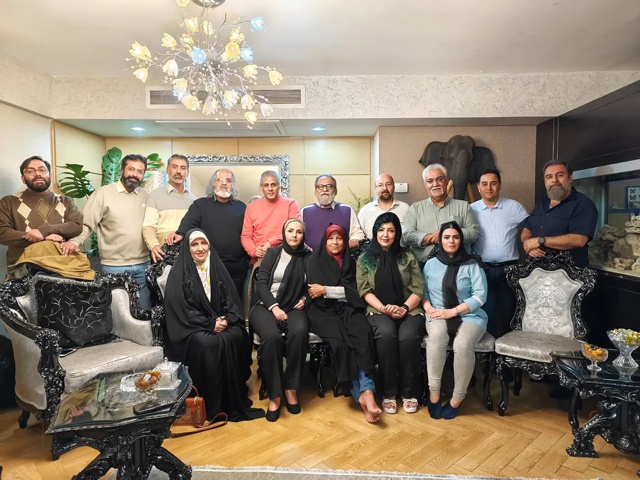Parties educate citizens about political issues, civic responsibilities, and government processes. They influence political culture through campaigns, debates, and public outreach. Focused on one primary issue such as environmental protection or anti-corruption. Broad-based parties that appeal to diverse groups to maximize support. Political parties did not always exist. In early political systems, leaders were chosen based on lineage, wealth, or military power. As societies grew more complex, people began to organize around shared beliefs.
Over time, these informal groups developed into structured political parties. The rise of democratic elections further strengthened the need for these organizations to mobilize voters, articulate policies, and compete for power. In the modern era, political parties have become essential institutions in most countries. Even non-democratic regimes often have ruling parties that maintain political control.


